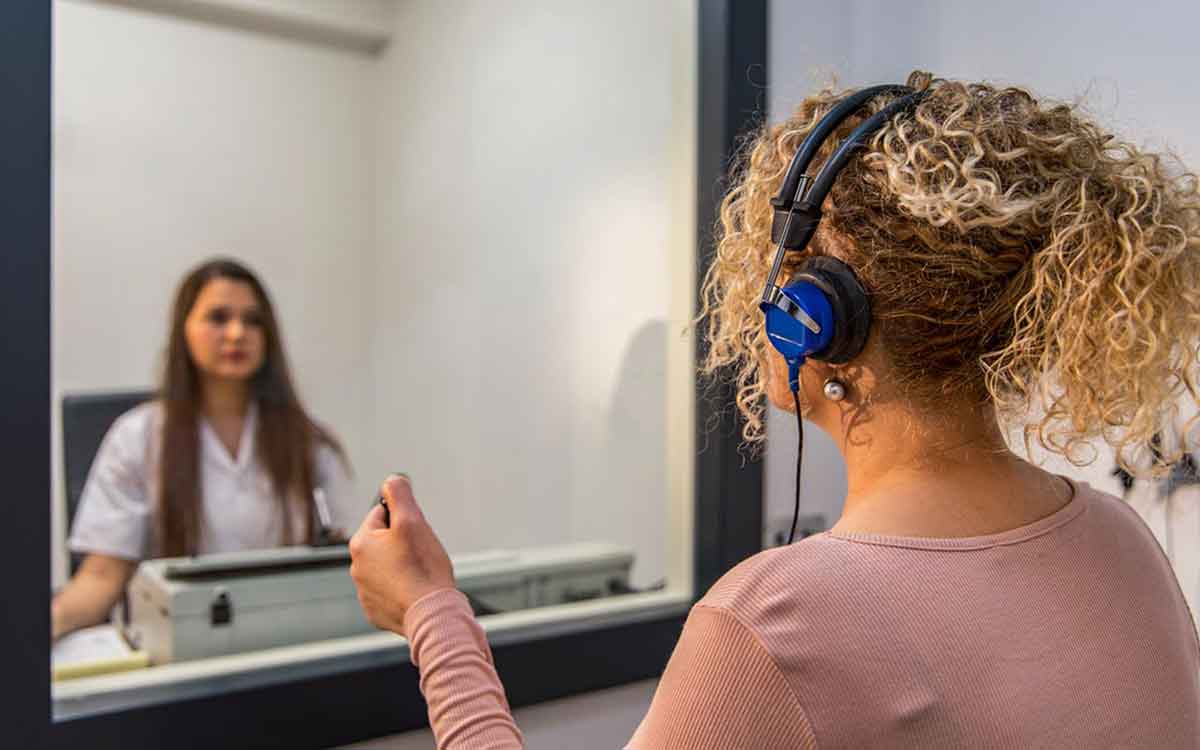The Hidden Dangers of Hearing Impairment for Emergency Responders
For emergency responders, their sense of hearing is essential. From EMTs
The Donation Drive for Speranza Animal Rescue was a success. Thank you to all of those who donated. Your kindness is appreciated.

Fond memories of a cherished pet is a common experience for many people. Cats, dogs, birds, rabbits, and a wide array of other animals can enhance our lives, and even, in some situations, become close companions. Quality of life and symptom management for people who have hearing loss can also be improved by having a pet buddy.
In some circumstances, pets convey these benefits because they have been specially trained to do so. Particular jobs or specific types of help can be performed by these animals which are trained to provide help to individuals with hearing loss. But that isn’t always the case. Even a common animal companion with no special training can offer comfort and companionship. That’s why, in many instances, people with hearing loss and their animal friends develop a special and unique bond.
With hearing loss, it can be hard to hear and understand what people are saying, which can feel really isolating. This gap in communication can cause the person with hearing loss to seclude themselves.
So, is owning a pet good for people with hearing loss? It sure is! There are lots of non-verbal ways that a companion animal can communicate. Clear communication with animals is possible without needing to hear verbal language. When someone has hearing loss, it can be a very lonely time, and being able to connect with an animal friend can give emotional support and comfort.
Clearly, this doesn’t take the place of contact between humans. But it can offer some solace and support when making other connections can be challenging. Pets can also help you discover opportunities to connect with other people. Taking your dog to the dog park, for instance, can give you a chance to be around other people, even if you don’t necessarily strike up a conversation or make a new friend.
Service dogs, as an example, make use of specialized training to help their humans get around the world more safely. Individuals with hearing loss will often fail to hear important sounds around them and service animals are specifically trained to pay attention to those sounds and to provide guidance to their human.
Some of the things a service dog for people who have hearing loss is trained to do include the following:
Service animals are specially trained to detect these sounds and convey them to their human. But other non-service animals can also be useful to somebody with hearing loss. Even a dog without any training will often start barking when somebody rings the doorbell or knocks on the door. Cats and other animals will also usually react to sudden or unfamiliar sounds which their owner will pick up on if they are tuned in to their pet.
Many of the benefits that a pet can bring to your life may not even be recognized. They will instantly add a degree of structure to your day-to-day life. They must get fed, walked, and given love on a regular basis, for instance. This structure can be an important source of comfort. Lots of different types of animal-assisted therapies exist because of this.
But if you’re thinking about getting a pet or service animal, it’s essential to give it some careful consideration. You want to choose an animal that’s going to meet your requirements and that you will be able to properly care for.
It’s also essential to note that service animals cannot replace a pair of hearing aids, both in terms of the long-term benefits and in terms of their capabilities. Pets can, however, be wonderful companions and can enhance your overall quality of life. They can be a unique and valuable part of their life.
Call us today for an assessment and begin moving toward better hearing!

For emergency responders, their sense of hearing is essential. From EMTs

As we anticipate the future of hearing aid technology, the advancements on

At what point should you consider having your hearing evaluated? Here are